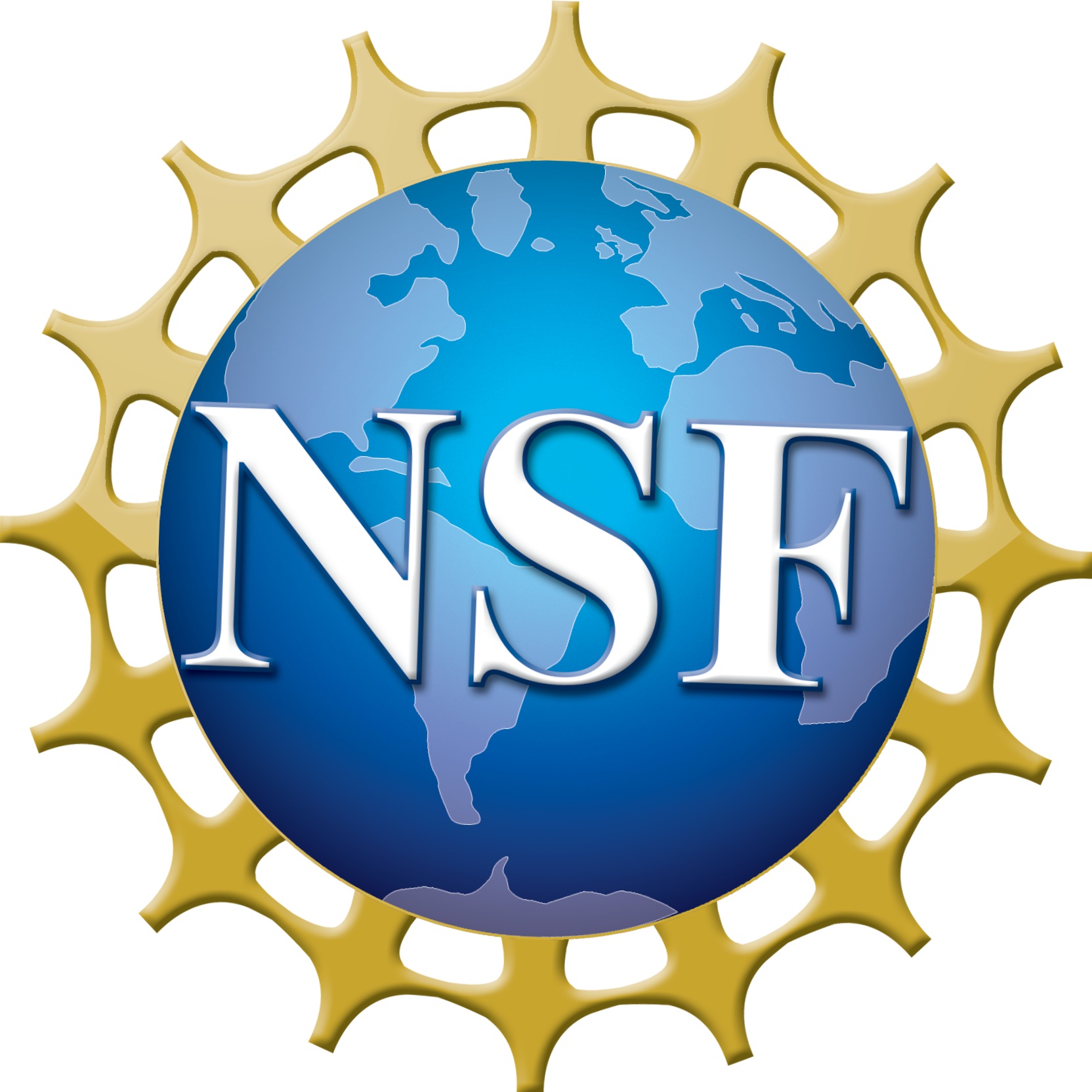Highlights
“We are truly grateful for this opportunity to bring our creative ideas to life.”
-George Vozhdayev, company founder and CEO
Research program provides seed funding for novel photobioreactor technology.
PureBiomass Awarded Competitive Grant from the National Science Foundation
Encinitas, CA, 4/01/2017 – Pure Biomass, Inc. has been awarded a National Science Foundation (NSF) Small Business Innovation Research (SBIR) Phase II grant for $765,000.00 to commercialize innovative technology by conducting research and development (R&D) work on their next-generation, algae, photobioreactors and production process. This new grant is awarded based on the successful results of the company’s earlier $150,000 SBIR Phase I award, demonstrating proof-of-concept.
Pure Biomass Receives Additional Round of NSF Funding to Study Nannochloropsis Cultivation in the TriPAR® System
Recognizing the significant potential of the algae omega-3 market, Pure Biomass has partnered with Qualitas Health for evaluation of Nannochloropsis production for omega-3 products, and has been awarded $150,000 to study Nannochloropsis cultivation in the company’s newly developed TriPAR® algae production platform. The funding was awarded through the National Science Foundation’s Technology Enhancement for Commercial Partnerships (TECP) program and comes in addition to an earlier Phase II award ($750,000) in Apr-2017, which was sponsored by the NSF’s Small Business Innovative Research (SBIR) funding program. Encouraged by their prior success in cultivation H. pluvialis in the TriPAR® system for the production of astaxanthin, the company is now interested in pursuing partnerships with customers in the algae omega-3 market. Given the anticipated, global shortage of marine fish as a source of omega-3 fatty acids, algae cultivation has become an attractive option for producing these important nutraceutical compounds, which are essential in human diets and in the diets of farmed-raised fish and shellfish. Because algae oils are not derived from animals, they are both vegetarian and vegan friendly, and are known to contain lower levels of environmental contaminates (e.g. e.g. mercury, DDT, PCB, estradiol), qualities for which customers have already demonstrated their willingness to pay extra compared to standard fish oil supplements. Among numerous algae species investigated, the production of fatty acids (including omega-3’s) is known to be especially high in Nannochlroropis spp., often >50 wt.%, thereby making Nanno. an ideal candidate for industrial production. But the switch from H. Pluvialis to Nannochloropsis is expected to bring new challenges to the TriPAR® system. This is due to Nanno.’s faster growth rate and its resistance to flocculation. Thus, the additional funding provided by the TECP grant will allow Pure Biomass to test these potential issues and make any needed modifications to the TriPAR® platform to enhance its usefulness for new algae species and products. If the results of the current TECP project look promising, Pure Biomass then plans to submit a proposal for the NSF’s SBIR Phase IIB award, which provides a funds match of 50% for new investors, up to a maximum NSF contribution of $500,000. Any potential investors are encouraged to contact Pure Biomass CEO George Vozhdayev to discuss this opportunity.

